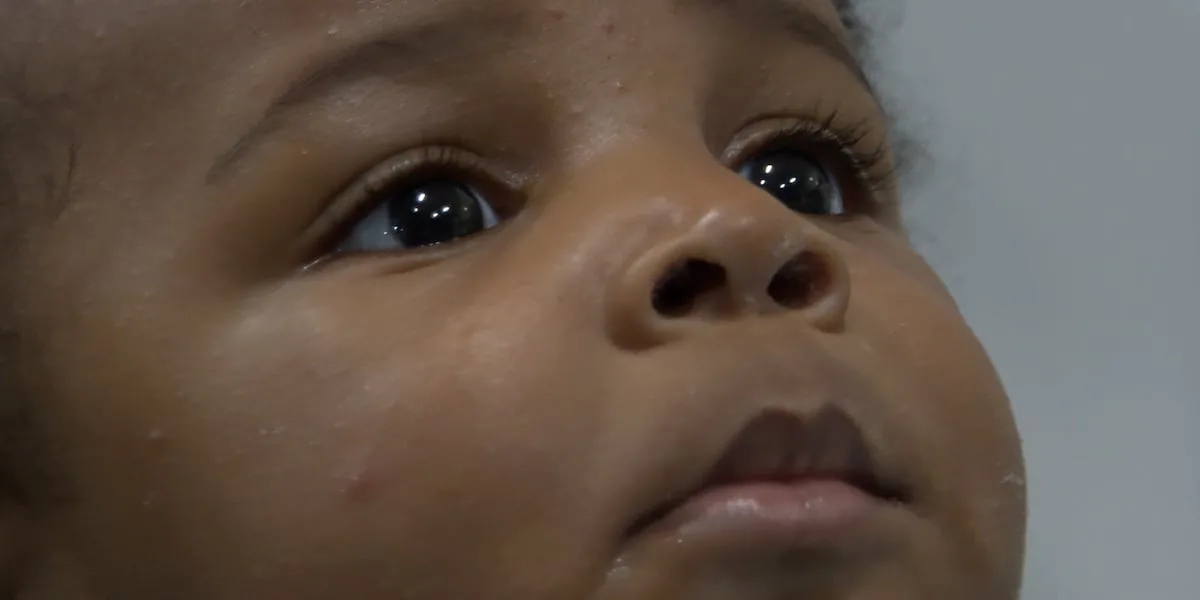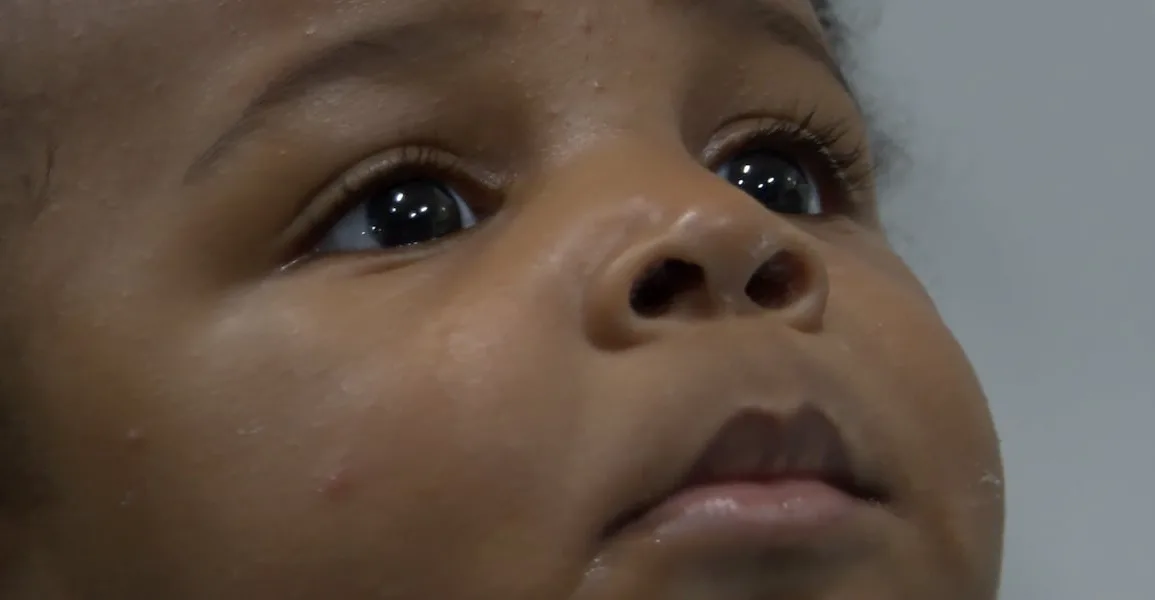
ILLINOIS (25News Now) – February is Black History Month and historically Black women have been at the forefront of medical discovery, at times, without their consent.
As Brett Brooks reports, the State of Illinois officially declared ‘medical racism’ an epidemic in the state for Black women who are pregnant.
In the 1840′s, 12 enslaved women were used in experiments by physician J. Marion Sims without anesthesia, pain medication, or their consent.
Sims’ practices laid the foundation for current practices in the field of obstetrics and gynecology, leading to a crisis for hundreds of Black women especially during pregnancy and postpartum.
At times, these mainstream practices can be deadly.
Alynceia Boyce, mother of two boys starts by telling her story, “I didn’t get any information, they just got to moving and working which is understandable but I was like ‘is my baby okay? Is my baby alive? Is he breathing? It wasn’t like the butterflies, ‘oh my gosh’ because at that moment I went into panic mode. I really couldn’t even talk. I was just hollering because I didn’t know what was happening.”
When Boyce gave birth to her second son in 2021, she says it was pure panic in the seconds after her son came into the world.
”I was previously diagnosed as a high-risk pregnancy so I was going to the doctor two times a week. At my 37-week checkup, I already knew there was a possibility of being induced. At the 37-week check-up, we did the sonogram and she was like, ‘are you ready to have a baby?’ I said ‘no.’ She said, ‘go get your bags because your placenta stopped working so we have to induce you.’”
“Once he started coming down the birth canal,” Boyce continues, “he swallowed amniotic fluid, which caused him to stop breathing. When he came out they put him on me and I was like ‘why is he not crying?’ I looked down and I can see him going from white to dark purple.”
Fortunately, her son survived, but for some Black families, complications in the delivery room can lead to mortality for either the mom or the baby.
”We just want justice for our son. They lied to us,” Treveon Isaiah Taylor Sr. explains during a recent press conference, “they didn’t let us touch him. We don’t like it. We just want justice for our son.”
Two Georgia parents launched a lawsuit against the hospital their son was born in. His death was just ruled a homicide, this week, due to decapitation during the delivery.
This incident, among others, is leading to a larger discussion.
In Illinois, on average 88 women die a year either while pregnant or within a year after giving birth.
91% of these cases are preventable, according to the latest study from the Illinois Department of Public Health, Black women are twice as likely to die from pregnancy-related conditions.
The studies showed the problem is institutional.
Dr. Rahmat Na’Allah, MD, a professor of Clinical Family Medicine at the University of Illinois College of Medicine & physician at Carle Health in Peoria questions, ”why are Black women dying at three times the rate as white women? It’s because we are seeing issues with identifying easier. Are we listening to them? Are there some structural racism issues? Are there some bias issues?”
Dr. Ndidiamaka Amutah-Onukagha, PhD, MPH, Center for Black Maternal Health and Reproductive Justice provides a more historical context, ”most medical students will tell you Black patients have thicker layers of skin, are more likely to withstand pain, have higher pain thresholds, none of which is true.”
She continues, “this is why the field of obstetrics and gynecology is difficult for Black women navigating healthcare because you’re coming into a racist healthcare system founded by racists’ ideology and racist practitioners. You’re being treated by clinicians who have been exposed to racist education and you’re dealing with a system that is ultimately not designed to center or prioritize your needs as a black pregnant person.”
In Springfield, legislative work is being done to address racism as a public health own crisis.
Lawmakers and health officials recently introduced Healthy Illinois 2028 plan to improve health equity for Illinois residents, with an emphasis on race at the forefront.
Dr. Sameer Vohra, MD, the Director of the Illinois Department of Public Health explains the state’s recent findings, ”we also created and labeled racism as a public health crisis to be another priority of that plan. We know if we want to address these disparities, we got to get to the root of these issues and try to create the solutions-operational community solutions that allow us to achieve our goals of health equity.”
With these goals and objectives currently in place, health experts say Black women like Boyce will soon be able to enjoy their transition to motherhood without the worry on the delivery table.
As she enjoys these moments with her now two-year-old son, she hopes her story will encourage more women to ask questions, advocate for themselves, and speak up.
Brooks asks, “how is your son now?”
Cheerfully Boyce responds, ”he’s very smart, very outgoing. His rough start didn’t impact him developmentally but he is sensitive to stress.”
One solution all the doctors agreed on was allowing the expectant mother the option to have an advocate at her side throughout the entirety of her pregnancy and in the months to follow.
In our next part, 25News’ Brett Brooks will take a look at how doulas have helped dramatically change the mortality rate around and even provided better outcomes for mothers.
Tune into WEEK 25News at Noon on Tuesday for part two of this series.
Copyright 2024 WEEK. All rights reserved.



